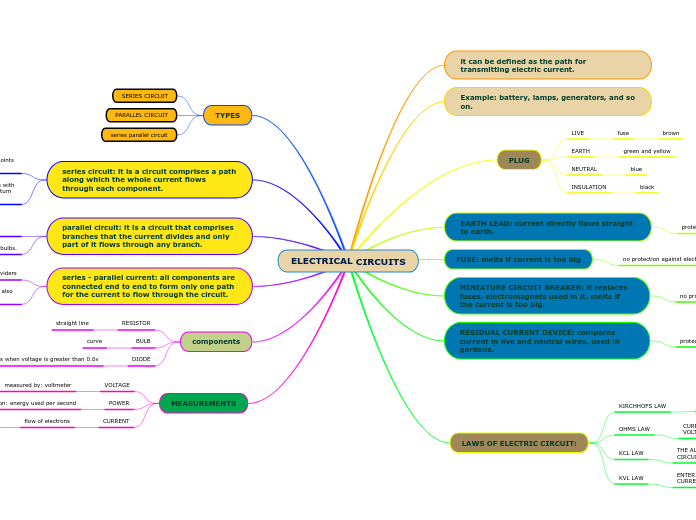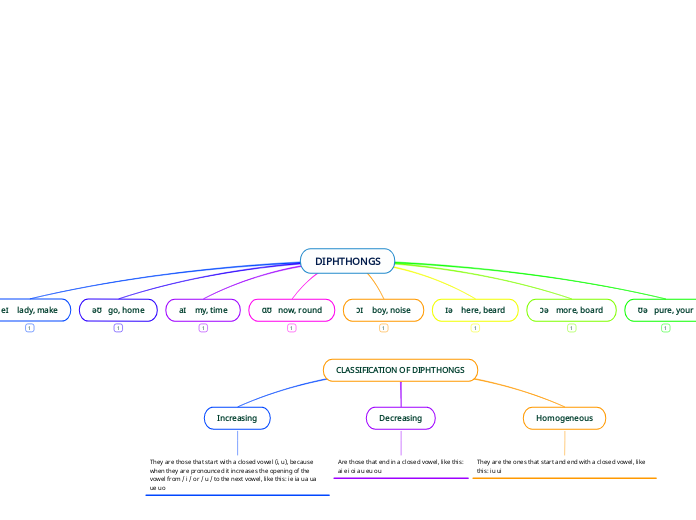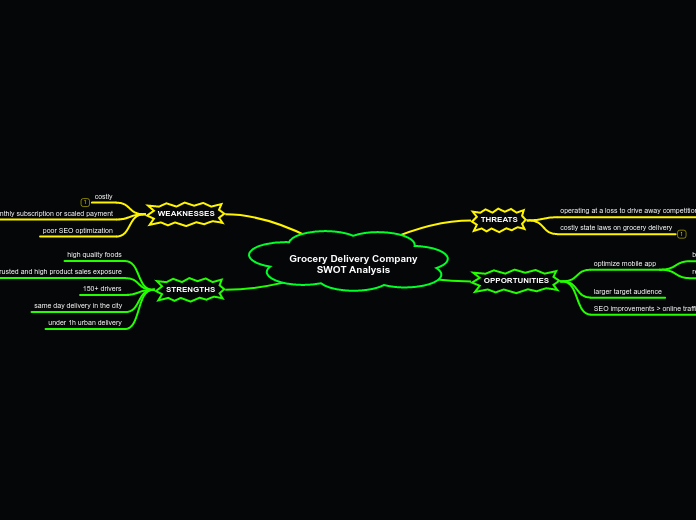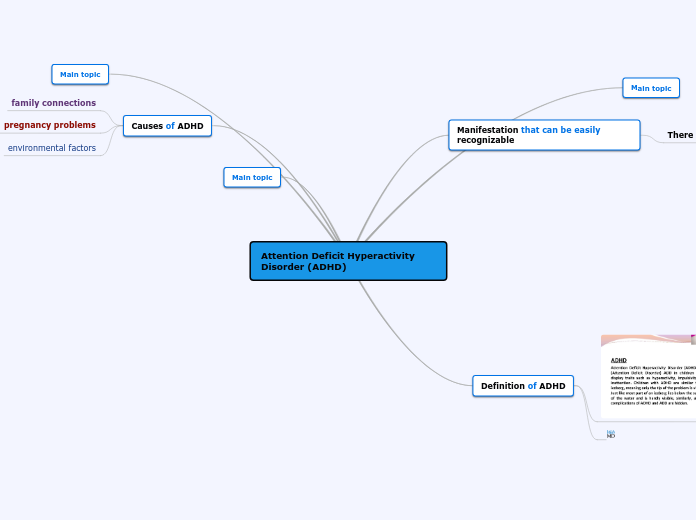arabera harmanpreet kaur 3 years ago
209
ELECTRICAL CIRCUITS
Electrical circuits can be categorized primarily into parallel and series circuits. In a parallel circuit, the current divides into branches, ensuring that electricity continues to flow even if one pathway is interrupted.









